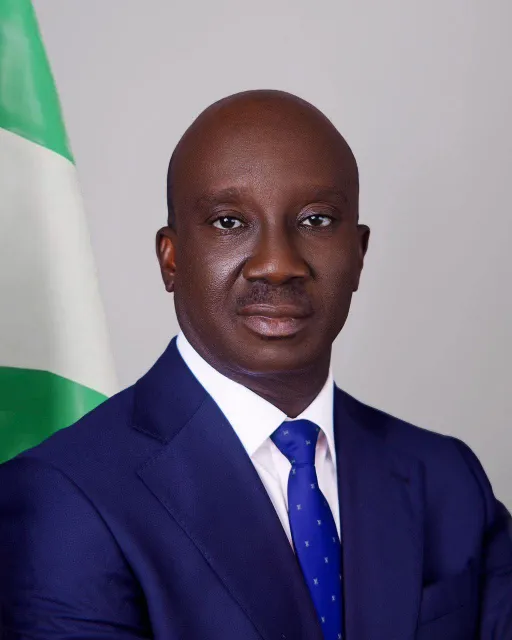The Edo State Government, led by Governor Monday Okpebholo, has rolled out a transformative healthcare programme targeted at improving medical services in rural areas. This ambitious initiative is part of a larger development plan aimed at ensuring no community is left behind when it comes to health access and delivery.
The new rural healthcare programme is part of the state’s “SHINE” development blueprint, which stands for Security, Health, Infrastructure, Natural Resources, and Education. Health is now a major priority, especially in remote communities that have long been neglected in Nigeria’s public health system. Governor Okpebholo’s strategy is clear: use sustainable and inclusive policies to provide long-term, life-saving care for Edo residents.
Speaking on the policy, Dr. Cyril Oshiomhole, the Edo State Commissioner for Health, said the administration is building one of the most inclusive healthcare systems in the state’s history. “We understand that government cannot do everything alone,” he noted. “But when the privileged help to insure the vulnerable, especially through our diaspora networks, we move closer to achieving near-total health coverage.”
A major part of the initiative is the grassroots health insurance scheme, designed to provide subsidized medical plans for rural dwellers. These plans are not just temporary relief measures, but a long-term investment to rebuild the primary healthcare system. The government believes that through a reliable health insurance model, it can rehabilitate outdated infrastructure, ensure staffing, and deliver consistent services.
“With a vibrant and well-funded health insurance scheme, we can fix our healthcare infrastructure and ensure these facilities are operational, well-staffed, and accountable,” Dr. Oshiomhole emphasized.
To make the programme effective, the government is also investing in public health education and human capital development. Teams of trained health educators have been sent to all three senatorial districts in the state.
These professionals are going from one community to another, using local languages to educate residents about hygiene, vaccination, and other key health practices.
This approach is particularly important now, as Edo State responds to a recent outbreak of diphtheria. According to officials, 15 suspected cases have been reported, six of which have been confirmed, and three have resulted in death.
The government, through the Ministry of Health, has partnered with the Nigerian Centre for Disease Control (NCDC) and the University of Benin Teaching Hospital (UBTH) to start a state-wide surveillance and vaccination campaign.
“We are not waiting for numbers to escalate before taking action,” Dr. Oshiomhole explained. “We are actively educating communities, administering booster doses, and prioritizing early intervention. Diphtheria is vaccine-preventable, and we are doing everything to ensure people understand this.”
Despite difficulties like vaccine misinformation and limited logistics, the Edo State Government is pushing forward with strong determination. Dr. Oshiomhole added, “We are not making pronouncements from air-conditioned offices. We are in the field, sitting with people, countering myths with facts.”
The initiative also includes media collaboration as a key pillar. The government is working with the Nigeria Union of Journalists (NUJ) and other media outlets to spread awareness and encourage active citizen participation. According to the Commissioner, “The media is not just a mouthpiece. They are partners in this revolution. Their role is critical in ensuring our message reaches every ward and household.”
Governor Okpebholo’s healthcare initiative is gaining attention as a practical example of how policy, infrastructure, and community engagement can work together for public good. The governor’s leadership is reshaping healthcare delivery into a system focused on compassion, efficiency, and long-term results.
This initiative is also expected to boost access to affordable healthcare, strengthen the state’s public health system, and reduce dependence on emergency care. It aligns with high-value keywords like affordable health insurance, primary healthcare reform, healthcare infrastructure investment, and vaccine education, areas that not only improve lives but also attract development partners and donor agencies.
Read Also: Edo Government Clarifies True Status of Graduate Development Programme

